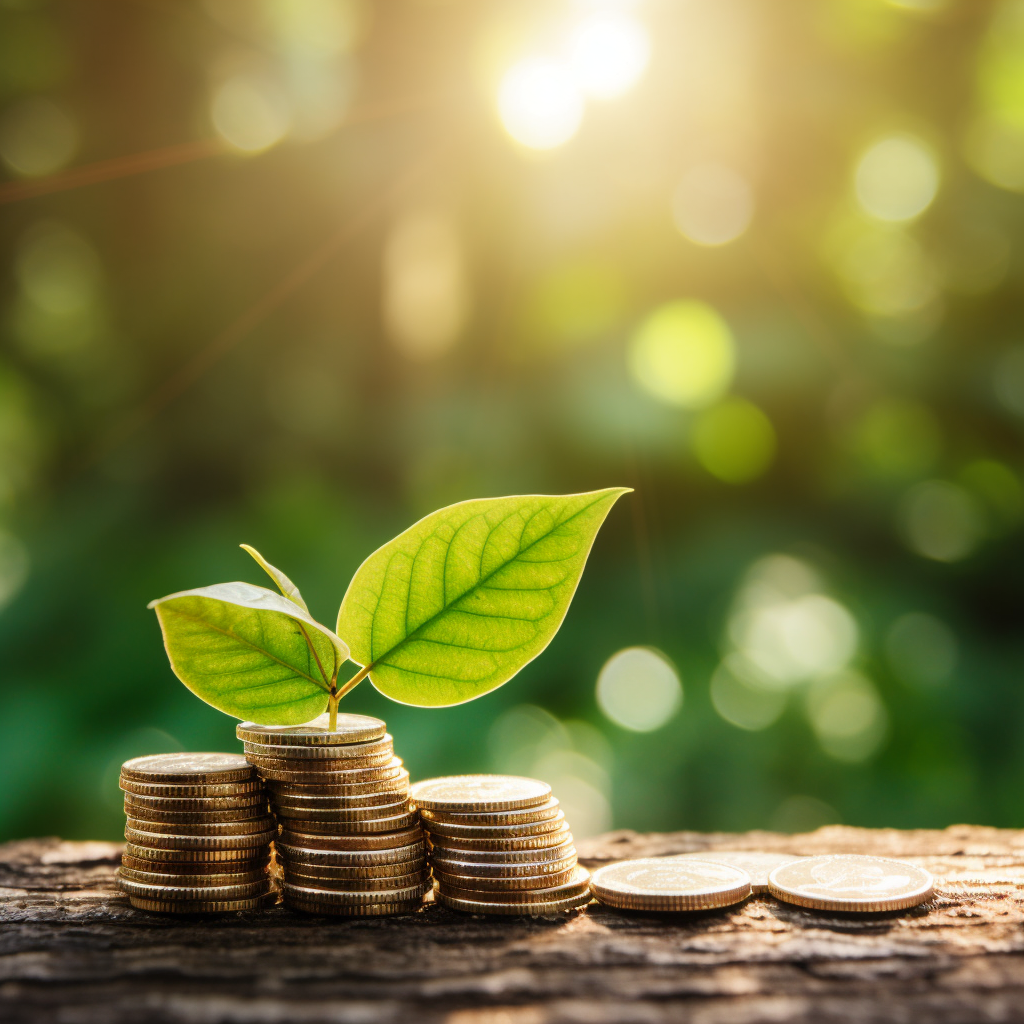July 5, 2023
The Financial Sector’s Crucial Role in Building a Green Economy
Book a Demo
The green economy has emerged as a strategic priority for governments worldwide, offering a viable alternative to the current economic model that exacerbates inequalities, waste, resource scarcities, and environmental threats. Inclusive green economies, as defined by the UN Environment, aim to improve human well-being, promote social equity, and mitigate environmental risks and scarcities. To achieve this vision, the financial sector plays a crucial role in supporting economic growth and aiding countries like Bangladesh in developing a green economy through preparedness and genuine action.
Traditionally, the primary purpose of the financial system has been to serve the real economy. However, sustainable development has reframed this relationship, necessitating the incorporation of environmental and social factors. Recognizing this paradigm shift, banks have a unique opportunity to encourage green finance by providing funding for green technology and practices, offering policy guidance, and acting as knowledge-brokers to inspire and educate clients.
One pressing environmental issue that demands urgent attention is the proliferation of single-use plastic packaging. This industry is projected to be worth a staggering US$26 billion globally this year, with anticipated growth of 6.1 percent by 2023, reaching an alarming US$47 billion by 2033. Developing nations, particularly in Asia, are witnessing a rapid increase in the use of disposable plastics, driven by expanding middle-class populations and the popularity of online food deliveries in sectors such as e-commerce, food and beverages, and healthcare.
The consequences of this exponential growth in single-use plastic production are alarming. Between 2019 and 2021 alone, the production of single-use plastics was fifteen times greater than recycled plastic production globally. Consequently, this has led to increased waste and pollution, especially in developing nations. As countries strive to transition towards a green economy, tackling the plastic crisis becomes imperative.
Bangladesh, for instance, can leverage the financial sector’s support to combat the plastic problem and advance sustainable development. By encouraging banks to invest in green technology and sustainable packaging solutions, the government can address the mounting waste and pollution challenges that stem from single-use plastics. Moreover, financial institutions can play an instrumental role in providing policy guidance, ensuring that regulations and incentives are in place to promote sustainable practices and discourage the use of harmful materials.
The green economy represents a strategic priority for governments worldwide. To achieve the vision of an inclusive green economy, the financial sector must actively support sustainable development. By enabling green finance, providing funding for green technology, offering policy guidance, and acting as knowledge-brokers, banks can play a pivotal role in promoting a sustainable future. Addressing pressing environmental challenges, such as the exponential growth of single-use plastics, requires concerted efforts from all stakeholders, with the financial sector being a key catalyst for change.



